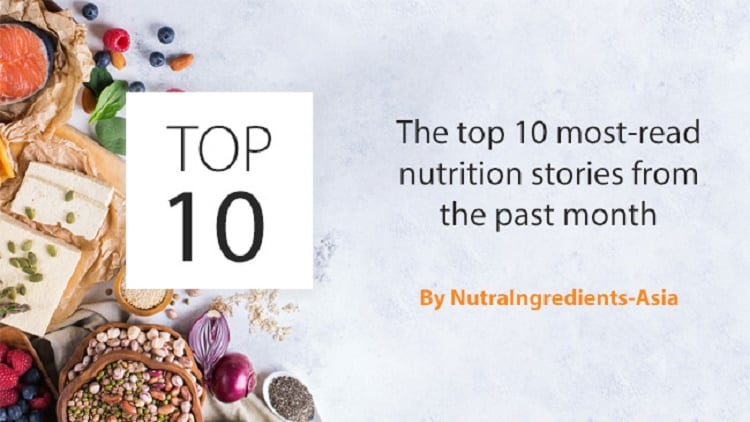The study, published in BMC Public Health, was conducted by researchers from National Taipei University of Nursing and Health Sciences and Monash University, with the aim of comparing public interest in nutritional supplements pre and post COVID in Taiwan and globally.
The analysis was done by studying weekly new confirmed cases and deaths of COVID-19 and the relative search volumes (RSVs) on nutrients of interest using data from “Our World in Data” and “Google Trends” respectively.
In total, they studied 156 weeks of COVID-19 confirmed cases and death data and analysed RSVs relating to four types of nutritional supplements, namely probiotics, vitamin B complex, vitamin C, and vitamin D.
Post-COVID, RSVs of nutritional supplements had increased both globally and in Taiwan as compared to pre-pandemic.
Specifically, the RSV for vitamin C, including “vitamin C tablets”, “vitamin C zinc”, “vitamin C serum”, and “what is vitamin C” peaked during the beginning of the outbreak in March 2020, suggesting that vitamin C was a popular searched nutritional supplement during the pandemic.
Globally, other popular search terms included “best probiotics”, “gut probiotics”, “women probiotics”, “probiotics supplements” under the probiotics category, as well as “vitamin B12”, “B complex uses”, “vitamin B complex tablet” under the vitamin B category, and “D3 vitamin”, “vitamin D foods”, “vitamin D symptoms”, and “calcium vitamin D” under the vitamin D category.
In Taiwan, the RSVs of nutritional supplements were also found to be higher during COVID-19 community outbreaks, higher reports of COVID-19 related deaths, and during the winter season.
This could be seen from the substantial increase in RSVs for vitamin B, C and D during May 2021 and March 2022, which corresponded to the two community outbreaks – with the latter involving the Omicron variant – in Taiwan.
“Spearman’s correlation analysis in shows that RSV for vitamin B complex had a strong correlation with new COVID-19 cases (r = 0.7459), but the search interests for vitamin C and D had higher correlations with new COVID-19 deaths (vitamin C: r = 0.7094, vitamin D: r = 0.7123),” said the researchers.
Seasonal change
Also, seasonal changes in RSVs for nutritional supplements were seen in Taiwan but not globally.
In Taiwan, except for vitamin D, the mean RSVs of probiotics, vitamin B complex, and vitamin C were significantly lower in winter as compared to other seasons.
“For instance, the use of vitamin C and D nutritional supplements often increases during cold and flu seasons (typically known as autumn and winter seasons).
“In Taiwan between 2019 and 2022, the interest in vitamin B complex appeared to be higher in autumn, while the interest in vitamin C and D appeared to be higher in spring and summer, and the interest in probiotics appeared to be higher in spring and autumn,” said the researchers.
This suggests that RSVs for nutritional supplements could be influenced by seasons in Taiwan.
Globally, however, the search popularity for vitamin B complex, vitamin C, vitamin D, and probiotics did not vary much among different seasons, which the researchers described as “a new phenomenon.”
“This appears to be a new phenomenon as in the past, the interest in nutritional supplement use was usually the lowest during June, July, and August as these are the months with warm weather in the northern hemisphere.”
The study was supported by a grant from the National Taipei University of Nursing and Health Sciences.
Source: BMC Public Health
The association between interest of nutritional supplements and COVID-19 pandemic - evidence from Google Trends
https://doi.org/10.1186/s12889-023-17607-2
Authors: Lin, LY., Husnayain, A., Chen, YT. et al.





